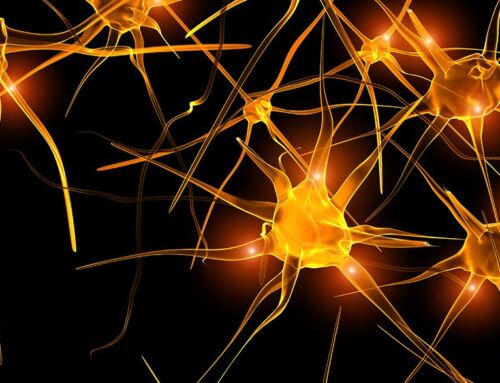
Have you ever wanted greater mental processing power, a better memory, more creative ideas, faster decisions or a happier, healthier brain?
Sue Langley, CEO of the Langely Group and an expert on the practical applications of neuroscience, positive psychology and emotional intelligence, says that there are many simple ways to fuel our brain’s performance to become happier and more mindful day to day.
Sue spoke at Happiness & Its Causes 2017 in Sydney on Sydney 22-23 June about Optimising Your Brain. She explored topics such as how our brains form memories and recall information, what reduces our capacity to solve problems and think creatively, and how we can manage our thoughts and make better decisions.
“Our brains are amazing instruments—endlessly fascinating and full of potential,” Sue says. Human are designed to grow toward better function, even if our brains often don’t like change. The trick is to amplify positive emotions and experiences and apply ourselves with daily practice. Positive emotions can help us get in the right state of mind to create healthy habits and provide essential brain fuel.
“Your brain needs this fuel on a daily basis to function at its best. When we feel threatened, vulnerable, uncertain or exhausted from a day of complex decisions, our thinking processes are reduced. When we feel upbeat after receiving great feedback or bonding with our loved ones or team, our brain releases neurotransmitters that allow our brain to function better, helping us to make good decisions, think creatively or try new behaviours.”
To help us fuel our pre-frontal cortex (thinking part of the brain) on a regular basis, we need to master the art of self regulation. This means the ability to control ourselves in order to be more effective.
Exercising self regulation provokes remarkable effects, according to research. “Ironically exercising regulation in one area of your life helps build it in other areas of your life,” says Sue. “For instance, research undertaken by Australian researchers, Meg Oetan and Ken Cheng, focused on three types of areas to build regulation – an exercise plan, money management and a study discipline. At the end of the experiment all had an impact, and interestingly the impact extended to the other area. Those on an exercise plan saved more and studied more. Those on a money management plan studied more and exercised more. Those on a study plan exercised more and spent less!”
Sue gives a range of unusual activities that can improve your self regulation – switching to your non-dominant hand for some tasks for a period of time; focusing on your posture for two weeks; or recording what you eat. It’s better if you enjoy the activity you choose to practice as the positive emotions you feel can keep you motivated to persist.
Practicing self regulation in one area may have some wonderful side effects, says Sue – smoking less, eating healthier, exercising more, having less emotional outbursts. There seems to be an upward spiral when we focus on regulation in one area, which boosts our brain and our capacity to create healthy habits.
To learn more join Learn with Sue for eBooks on topics such as 7 Ways to Apply Positive Psychology, 10 Brain Friendly Habits and How to Lead with the Brain at Work. Plus a range of tools to help yourself and others including questionnaires, values cards, posters and more.






